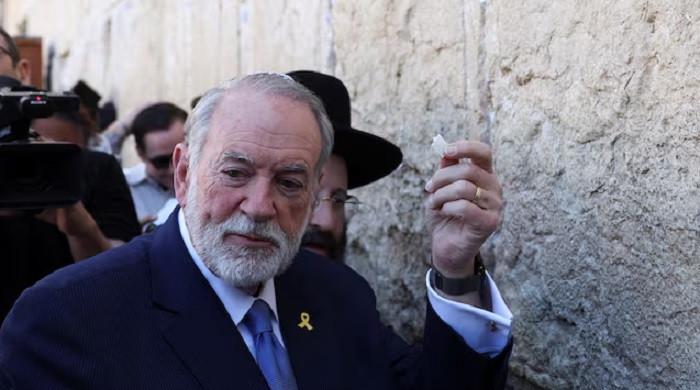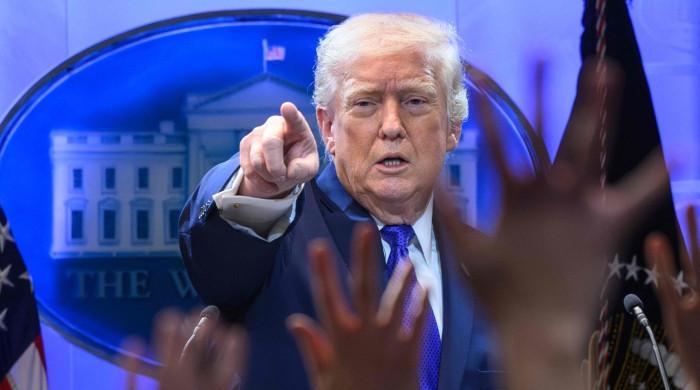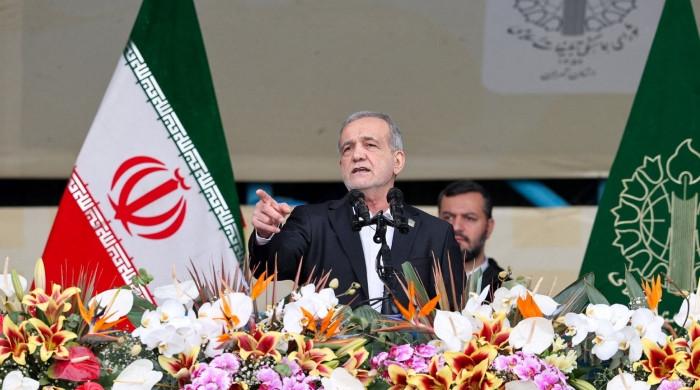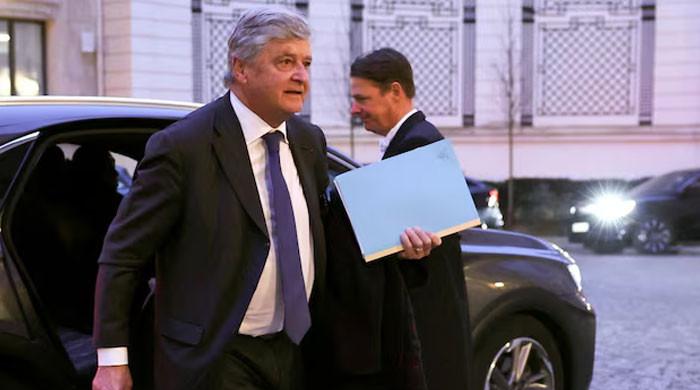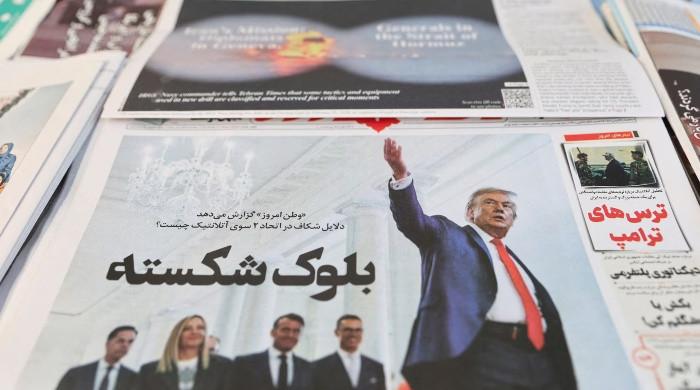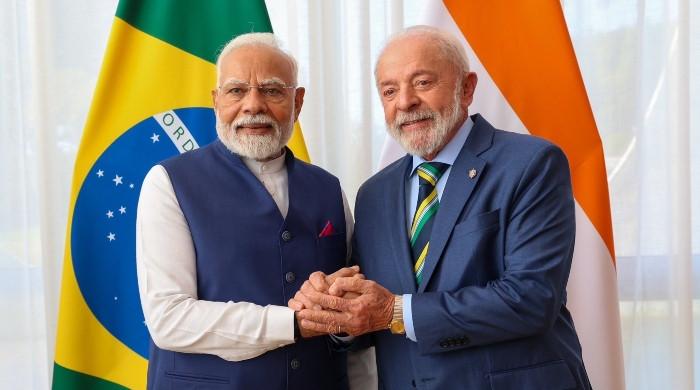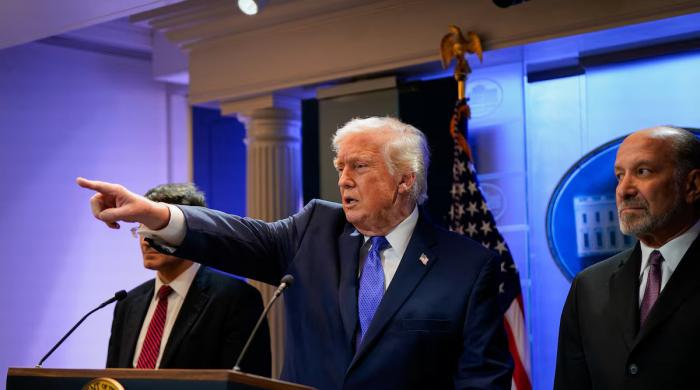Saudi-led military alliance to act against any terror group: WSJ
The Saudi-led military alliance is likely to hold its first meeting in the coming months in Riyadh where defence ministers from member states will gather to agree on its structure and mission,...
April 19, 2017
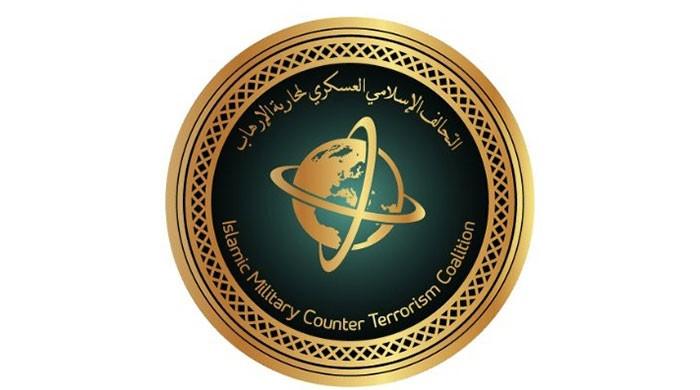
The Saudi-led military alliance is likely to hold its first meeting in the coming months in Riyadh where defence ministers from member states will gather to agree on its structure and mission, according to a Wall Street Journal report.
Attributing the revelation to Saudi Defence Minister's Adviser Major General Ahmed Asiri, the report stated that besides acting against international militant organisations such as Daesh and Al Qaeda the coalition force could also move against rebel groups and militias that pose a threat to member countries.
The report made a bold claim that under the alliance, Pakistan would send a separate force comprising 5,000 personnel to Riyadh in order to help it safeguard its southern region which borders Yemen. The claim was linked to unnamed Pakistani officials, who also mentioned that a deployment in this regard is yet to be made.
Approximately 1,200 Pakistani army personnel are in Saudi Arabia to train the country’s forces, said the report.
The nearly-trained batch will soon be on an operational deployment, with an aim to protect installations from terrorist attacks and to thwart any aggressive attack within Saudi territory, stated the article.
The report quoted DG ISPR Maj. Gen. Asif Ghafoor saying that any Pakistani troops sent “shall only be for employment within Saudi Arabia” adding that Pakistan “will not filter soldiers to send a particular sect only.”
Pakistan in the past has refrained from being a part of Middle Eastern alliances.
News of the alliance's formation was first reported in December 2015, with reports of Middle Eastern, African and Asian states including Saudi Arabia, Gulf states, Pakistan, Egypt being part of the then 34 nation coalition; according to a statement issued by Saudi Arabia the alliance will "coordinate and support military operations to fight terrorism."
With a Joint Comand Centre headquartered in Riyadh, the alliance includes Saudi Arabia, Pakistan, Turkey, United Arab Emirates, Bahrain, Bangladesh, Tunisia, Sudan, Malaysia, Egypt, Yemen and other Muslim countries.
The coalition conspicuously lacks the presence of Iran.
“They [Saudis] live in fear of Iranian expansionism. And when they realised they couldn’t rely on the US, they turned to allies who have armies,” the journal quoted an unnamed Gulf-based Western diplomat.
Iran has registered its protest against the alliance; Iranian Ambassador to Pakistan protested the appointment of Gen. (retd) Raheel Sharif to Islamabad and added that Muslim countries "should come together to form a coalition of peace to resolve their issued rather forming a controversial military alliance."
Pakistan's Defence Minister Khawaja Muhammad Asif told the journal, "This alliance is against terrorism, especially to help those countries which are threatened, but don't have the necessary wherewithal to combat terrorists," adding "we will not act against Iran."
Citing unnamed Pakistani officials the journal report added, the alliance will be run by a coalition of defence ministers from member countries, with a rotating chair, implying that decision making wouldn't be in Saudi Arabia's hands.




